Love conquers all: The political power duos crossing party lines
Love and friendship have blossomed between people whose politics don’t always mix. These are some of the unlikely duos in Aussie politics.
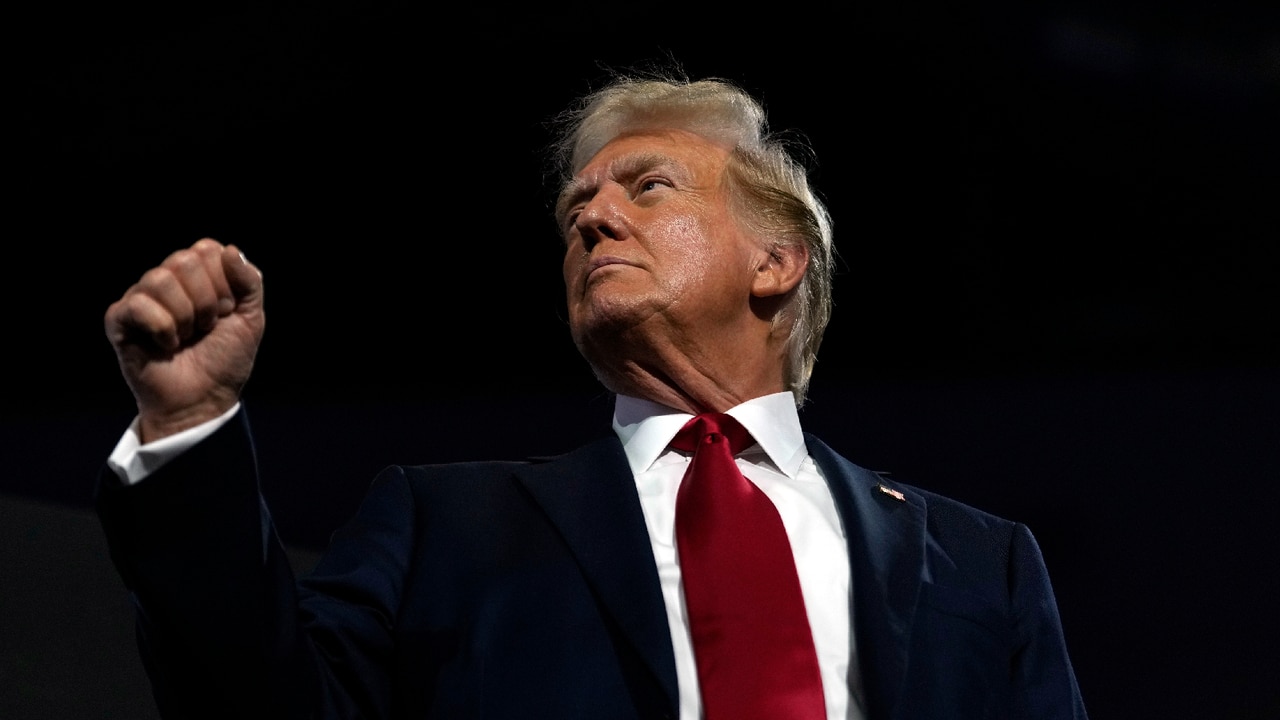
NSW
Don't miss out on the headlines from NSW. Followed categories will be added to My News.
When Jewish Labor MP Josh Burns boldly launched his relationship with pro-Palestinian Animal Justice Party MP Georgie Purcell at Canberra’s night of nights, the Mid Winter Ball it was a surprising sign of love across the political lines in an increasingly divided Australia.
But it wasn’t the only case where love and friendship have blossomed between people whose politics don’t mix.
There is Industry and Science Minister Ed Husic who is engaged to Fiona Scott, the highly regarded adviser to independent ACT Senator David Pocock.
Muslim MP Husic was also famously friends with former Liberal Treasurer Josh Frydenberg — a Jewish man.
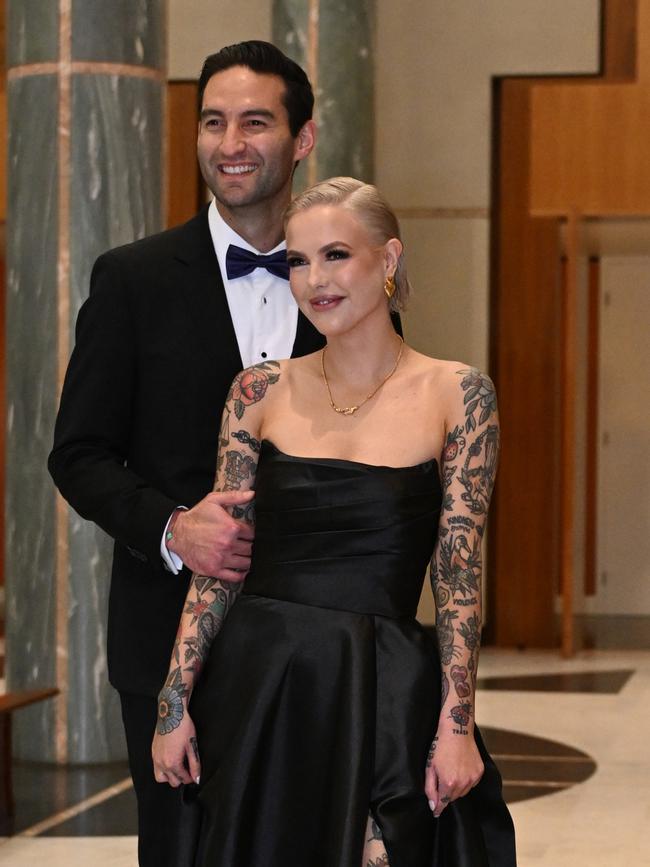
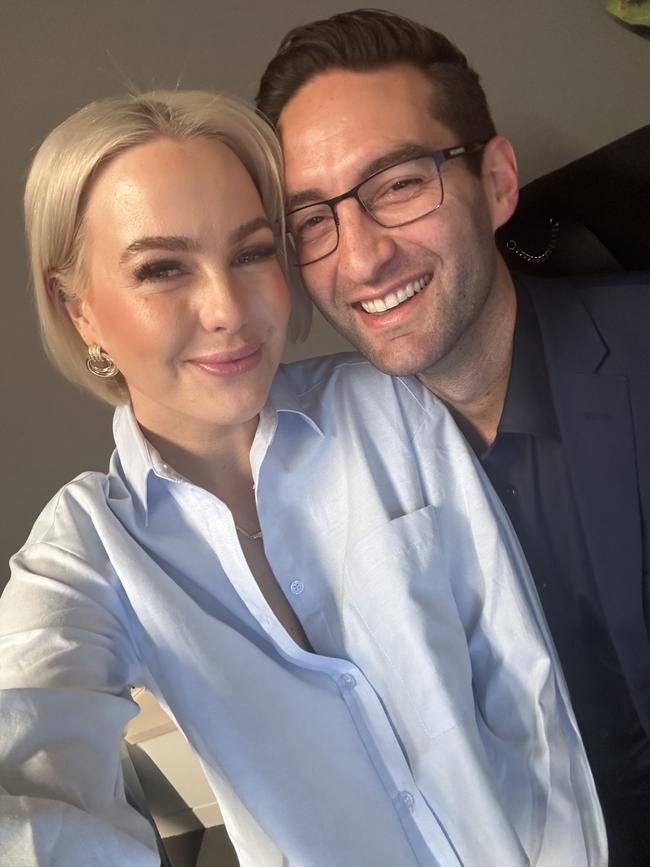
Labor Western Australian MP and Early Childhood Minister Anne Aly had her office across the corridor from Liberal MP Julian Leeser when they struck up a friendship.
She told The Saturday Telegraph the friendship between the Muslim Minister and Jewish MP grew over celebrations of Eid and Hanukkah where they would offer their traditional snacks to each other and their staff.
Their camaraderie has continued even as their two communities are at war.
Greens Senator David Shoebridge and political strategy expert brother Michael Shoebridge both tackle the topic of Australia’s defence in their respective careers — coming at it often from opposing angles but never in a way that overshadows their strong personal relationship.
In NSW, Housing Minister Rose Jackson and her husband Sam Crosby were friends with Liberal former Premier Dominic Perrottet since their shared days in student politics as university students.
Their friendship continued even as the Labor Party — in which Jackson was a vocal and active frontbencher — toppled Perrottet’s leadership in 2023.
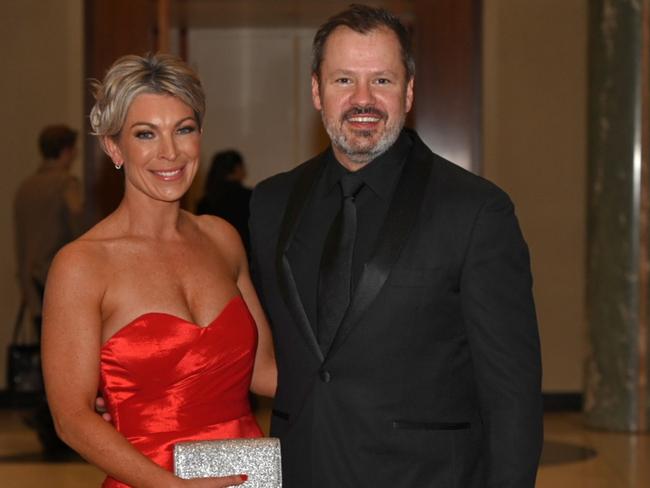
NSW Liberal MP James Griffin is another example; he’s the son of a former Greens councillor.
Victorian state MPs Ben and Lucy Hood are the first siblings elected to parliament who sit on opposite sides of the chamber with Ben being a Liberal while Lucy is a Labor MP.
Chloe Spackman is the chair of think tank Next25 and has investigated how politics is increasingly dividing families and friendships.
“In a world where people are estranging themselves with immediate family over politics, it is beautiful to see these examples,” she said.
Ms Spackman’s research has found Australians under the age of 30 are concerned about how to accept those with different views to their own.
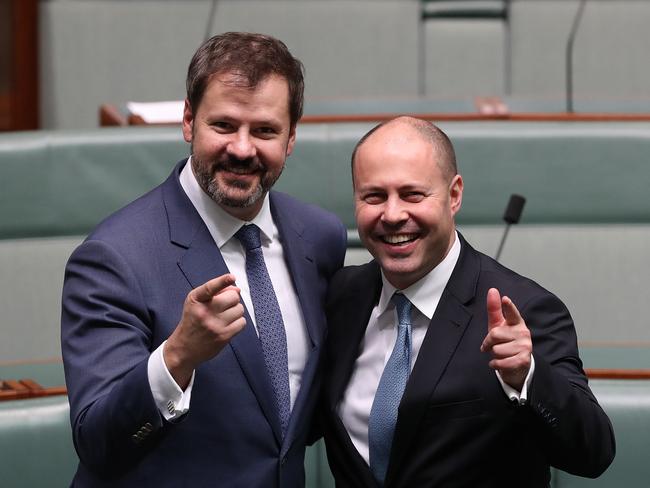
“What’s really inspiring about these relationships is they demonstrate how we can maintain and even prioritise healthy relationships even on hot button issues,” she said.
Ms Spackman said social media was driving a lot of the division among young people.
“Under 30s live in a world that’s dominated by social media and social media algorithms, it can be more difficult to connect with each other’s humanity,” she said.
She said a recent example of families and friendships being torn apart over politics was the Voice.
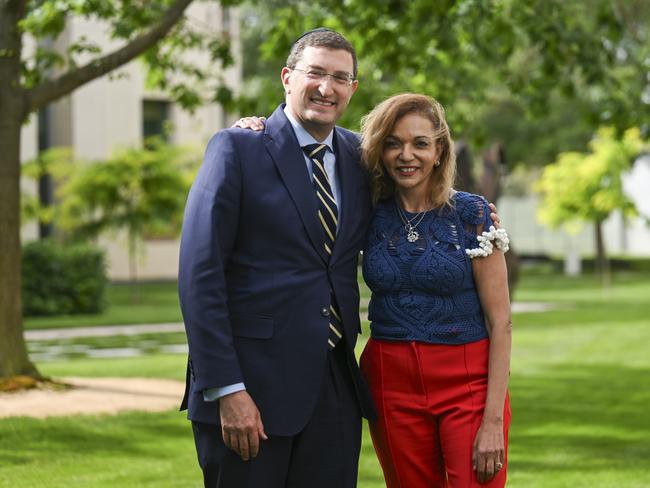
“Our research discovered that despite this intention for constructive dialogue, many people experienced confusion, apathy, and bias and were acutely aware of subjective echo chambers (during the Voice),” she said.
“There is plenty of evidence that our social cohesion is at risk.”
Ms Spackman’s comments are backed by research from Relationships Australia which showed 13 per cent of respondents said different values and belief were putting pressure on their relationships.
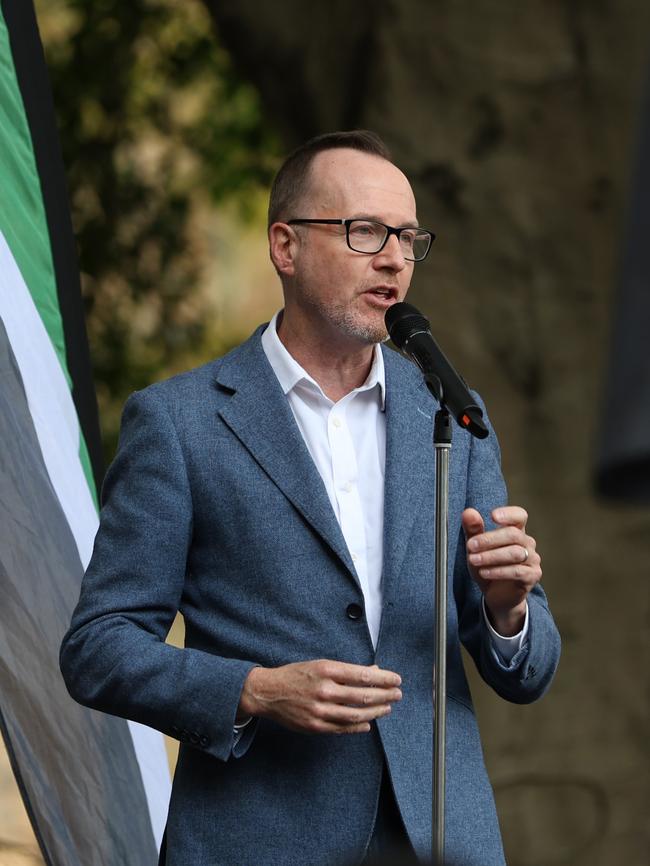
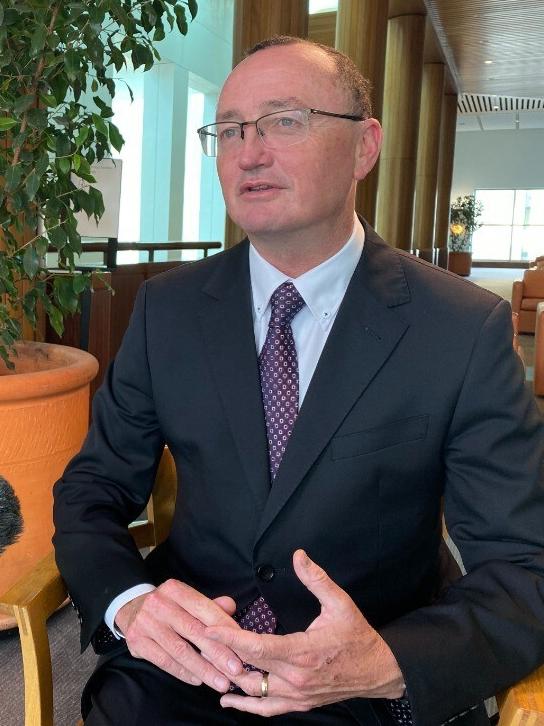
The growing divide is also reflected in the 2022 Australian Election Study which showed a growing gender divide in politics, signalling that many heterosexual Australians would have to navigate differing opinions in relationships.
“The gender gap in voting reflects other political differences between men and women. One question in the AES asks voters to place themselves on a scale from left to right, where zero is left and 10 is right,” the study said.
“In 2022 the average position for men was 5.4, whereas for women it was 4.7, the largest gender gap in left-right placement on record.”
But Monash University political science expert Dr Zareh Ghazarian said compulsory voting protected Australia from the polarised and divided elections of the United States.
In the US, she said, “candidates rely on pressing buttons, trying to attract voters who agree with them or disagree with their opponent to turn out for the vote”.
“In Australia, the parties don’t need to worry about trying to generate interest to polarise the community, people will turn up to vote,” she said.





